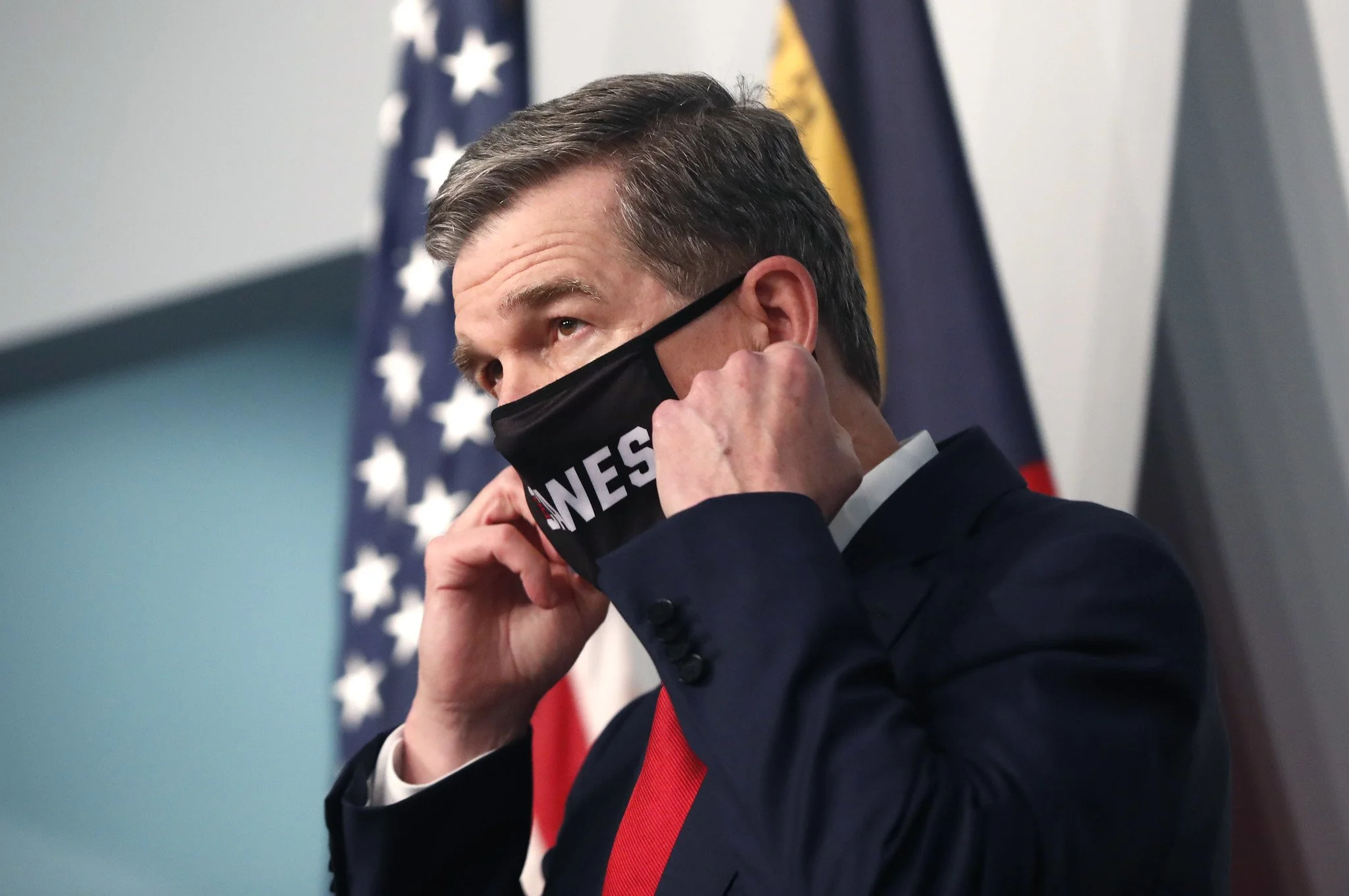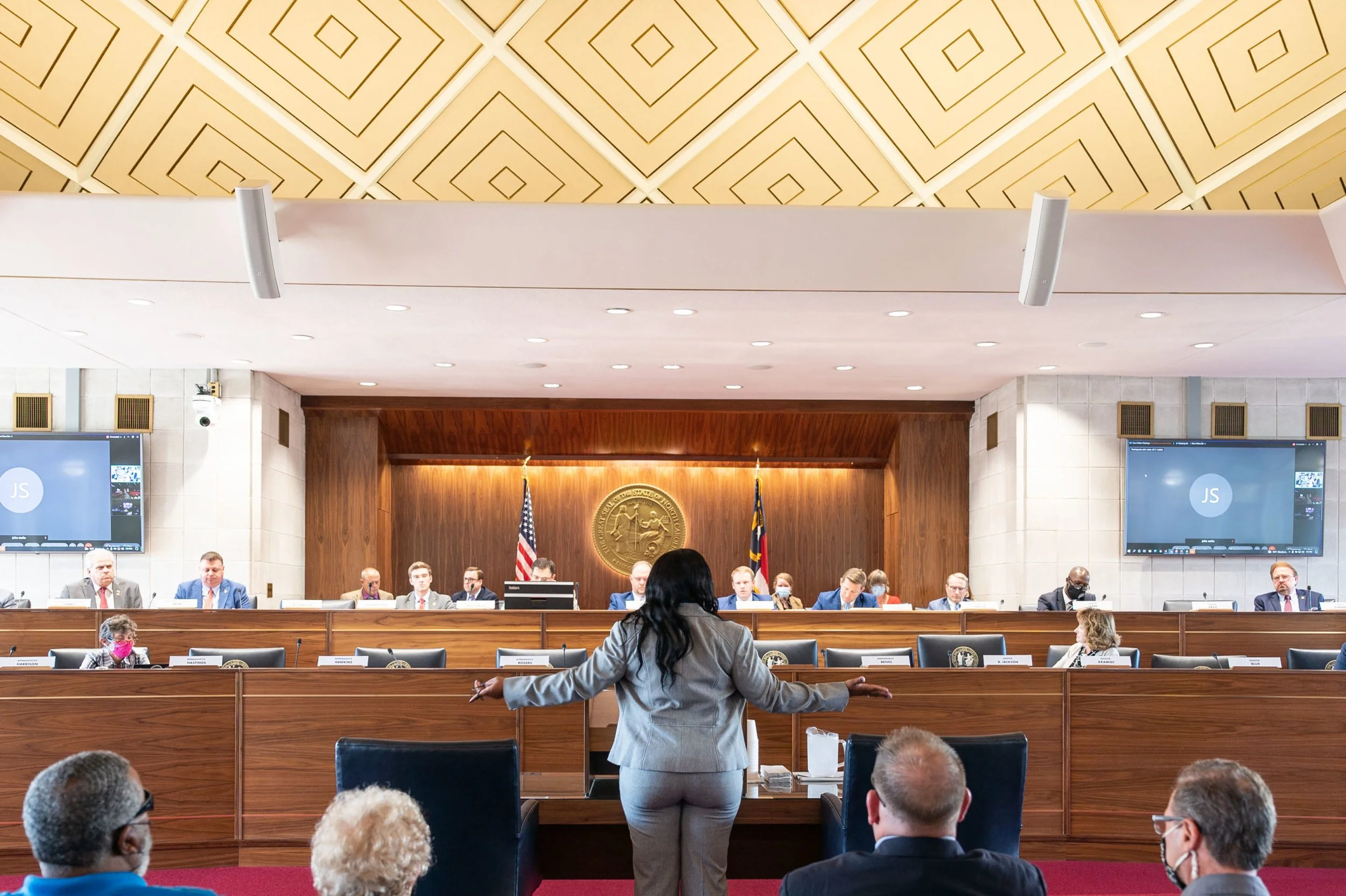Cooper vetoes bill that would limit his powers, those of his successors
By John Trump, Carolina Journal
Gov. Roy Cooper, a Democrat, has vetoed a bill to limit his powers as a governor, as well as the power of his successors. House Bill 264, Emergency Powers Accountability Act, would have required that the governor receive concurrence from the 10-member elected Council of State for an emergency declaration of more than seven days, and legislative approval for it to extend beyond 45 days.
In a news conference this week, Cooper indicated he had no plans to sign H.B. 264. Cooper unilaterally enacted a state of emergency March 10, 2020 across the state of North Carolina. The order came without following statutory mandates to consult with the Council of State, the other nine statewide elected executive branch officials.
Cooper said COVID mandates don’t exist statewide. Yet he hasn’t budged on lifting the nearly two-year order, typically reserved for natural disasters such as hurricanes. Cooper reasons the ongoing edict allows health care agencies access to emergency money from state and federal pools they otherwise would not get.
Republican leaders aren’t happy with the veto, the 12th this year and 65th overall since Cooper became governor in 2017.
In a statement, Sen. Bill Rabon, R-Brunswick, said: "There is no emergency — none — that lasts for nearly two years. At that point, it’s no longer an ‘emergency’ — it’s the new status quo.
"Yet for 19 months the governor has held onto every iota of unilateral authority he has. It’s unhealthy, unsafe, and undemocratic.
"House Bill 264 would have instituted common-sense checks and balances on the governor’s executive authority, instead of consolidating power into one office. Every passing day that the governor refuses to relinquish his ‘emergency’ power is a day that harms our constitutional order."
Said Cooper, “North Carolina is emerging from a global pandemic with lives saved and a strong economy because of effective statewide measures to protect public health under the Emergency Management Act. Critical decisions about stopping deadly diseases, or responding to any other emergency, should stay with experts in public health and safety, not a committee of partisan politicians.
"We must be able to act quickly and thoroughly when deadly diseases, hurricanes, or any other dangers threaten people’s lives and jobs. An emergency needs decisive, quick, and comprehensive action, not bureaucracy and politics.”
The bill's chief state House sponsor disagreed. “By vetoing this legislation, the governor is putting power and politics over our constitution and what is good for our state,” said Rep. Keith Kidwell, R-Beaufort. “The governor’s veto undermines our constitution, the balance of powers, and the rule of law. It also further shows the dangers of when power is centralized in the hands of one person.”
State legislators haven’t voted successfully to override a Cooper veto since December 2018. Cooper has issued 37 vetoes since 2019, after Republicans lost veto-proof supermajority control of the state House and Senate in the 2018 elections. So far, Republican lawmakers have not secured enough Democratic support to set aside any vetoes from the past three years.



